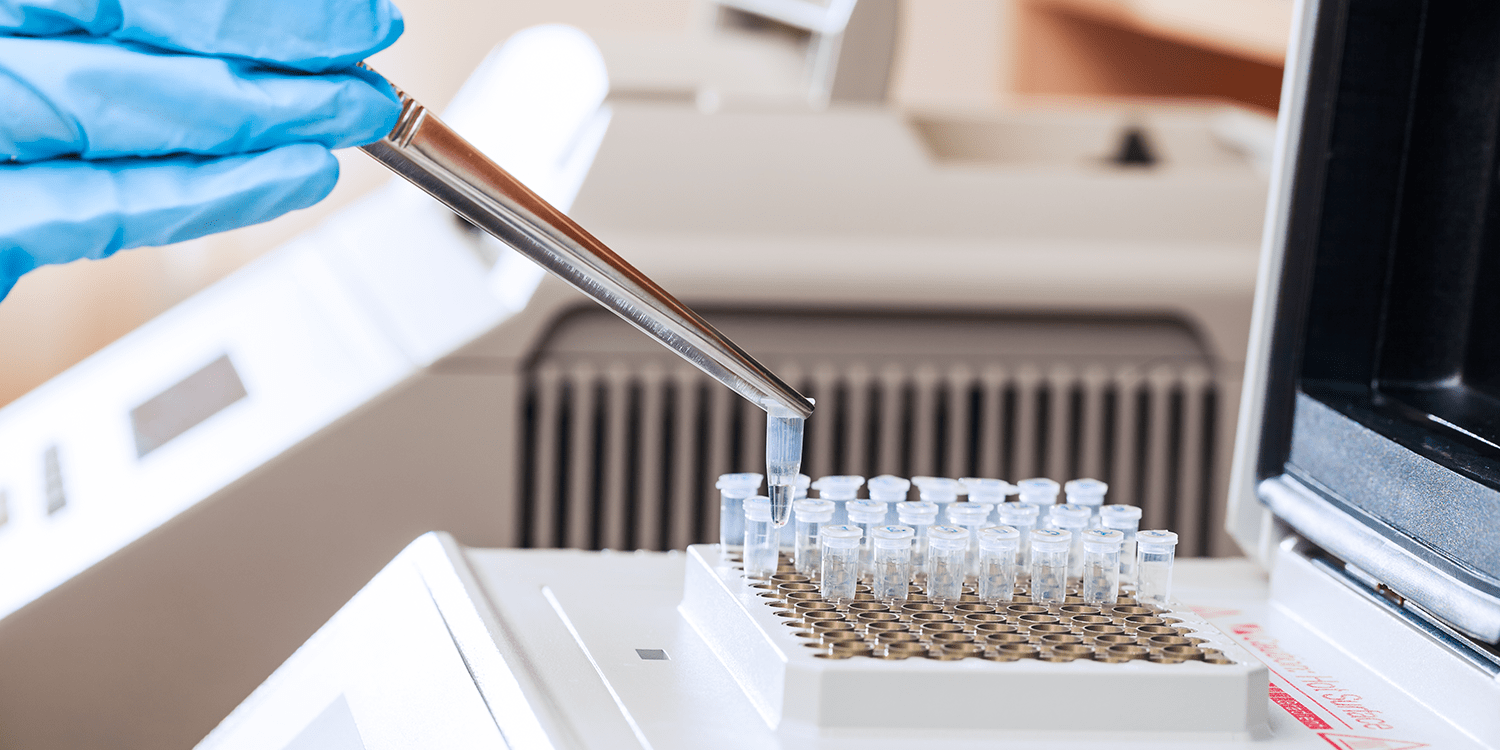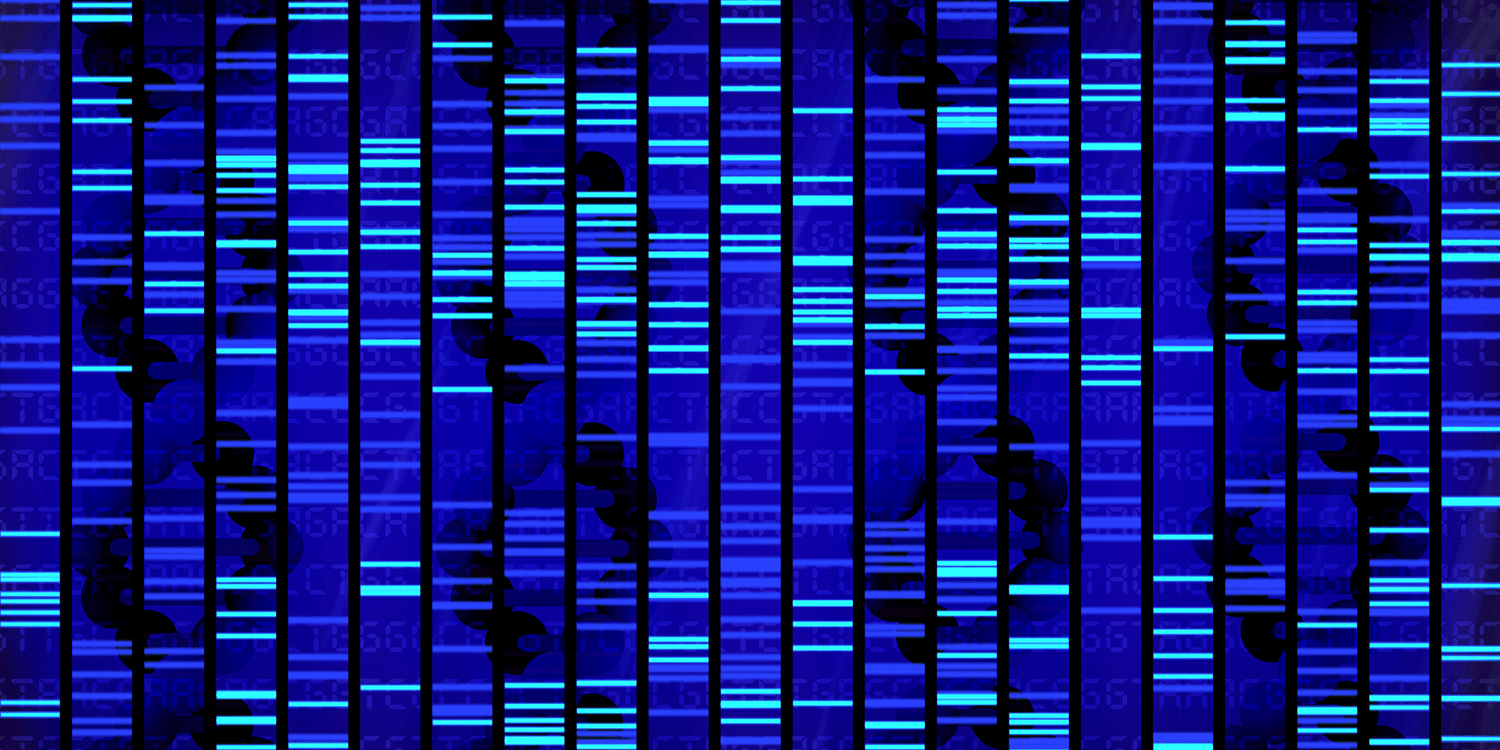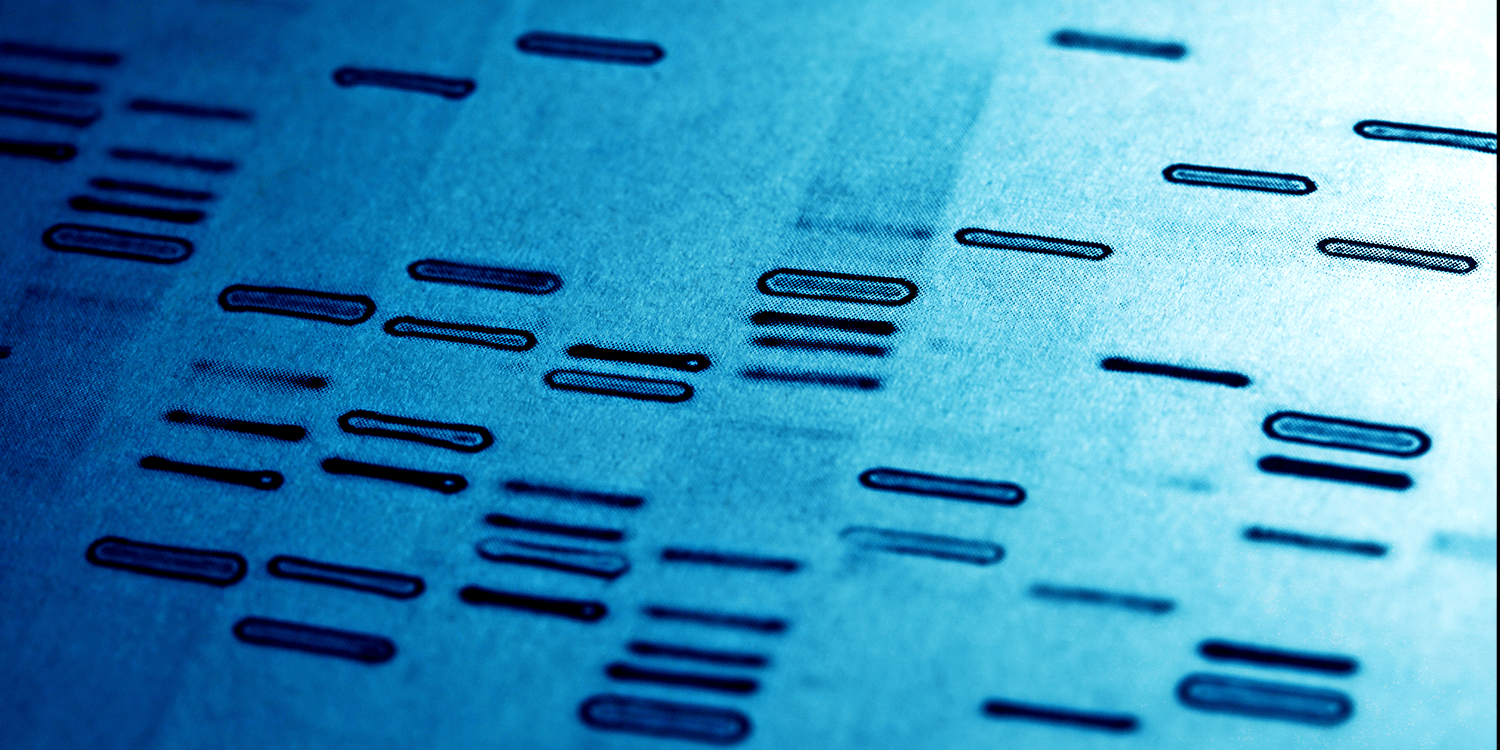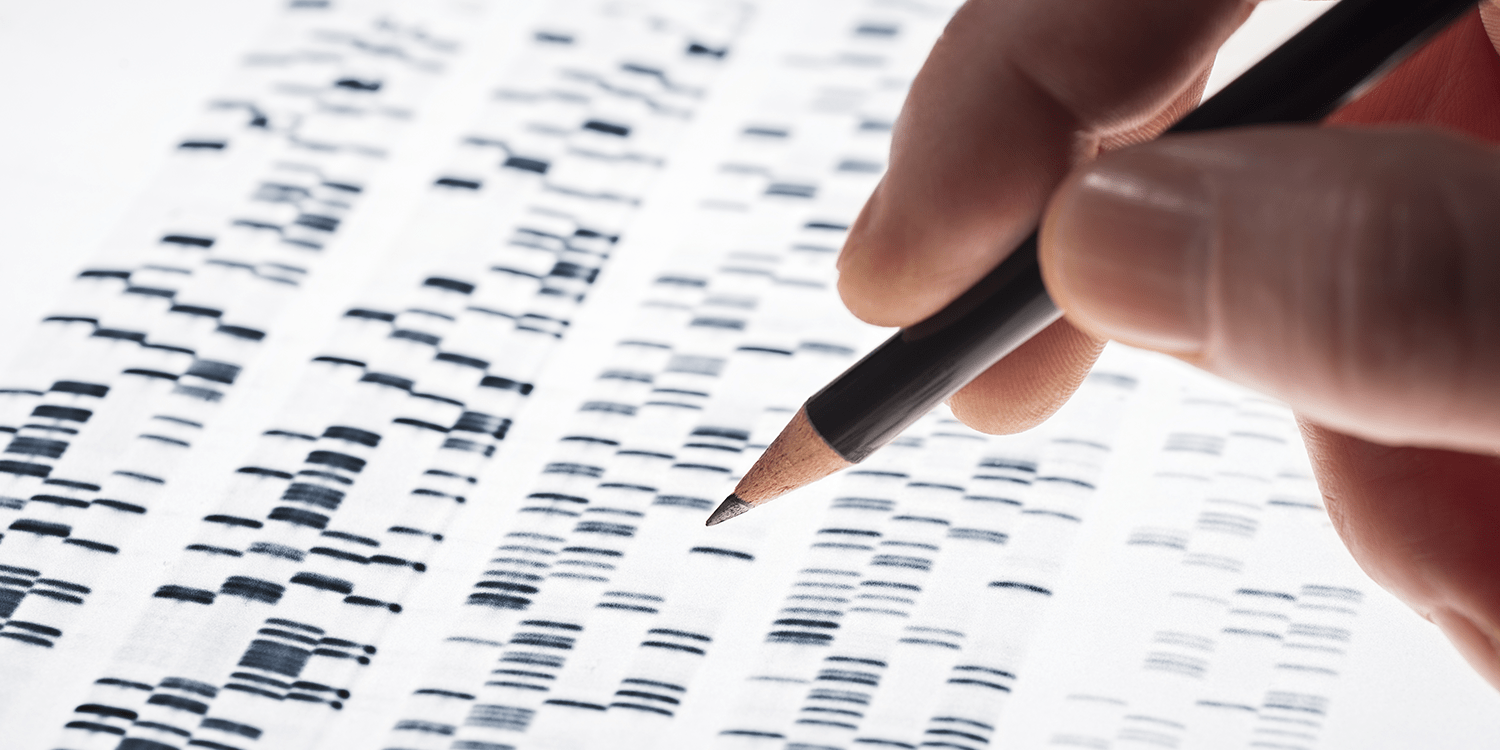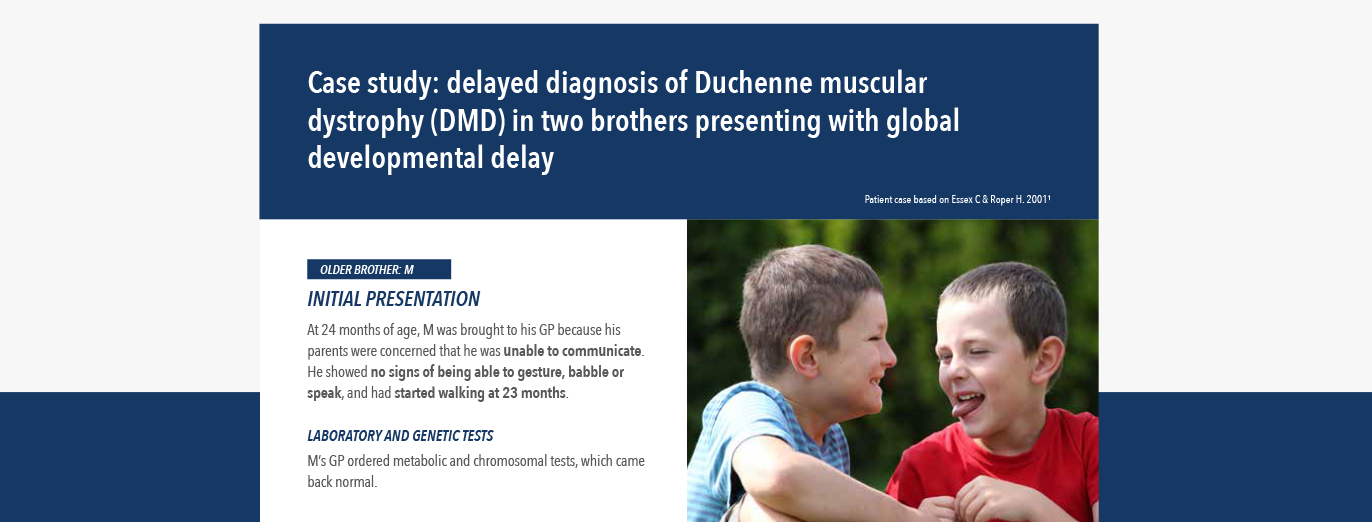Because Duchenne muscular dystrophy (DMD) is rare,1 healthcare professionals may encounter few cases, if any, during their careers. The rarity of the disease combined with the non-specific early symptoms means diagnosis can be a challenge and may result in diagnostic delay.2–4
- Average delay in diagnosis (from first symptoms) ranges from 1.3 to ~2.5 years2,4,5
- Average age at diagnosis is between 4.5 and 4.11 years4
Taking appropriate action when concerns first arise may prevent years of uncertainty and stress for families whilst waiting for a diagnosis.3,6–8
Review the case studies below to follow the diagnostic pathways of boys diagnosed with DMD.
Downloadable case studies
Learn more about the red flag signs and symptoms, and diagnosing DMD, by downloading the case reports on:
Read DMD expert insights from leading neuromuscular specialists
Learn more

Downloadable tools and resources
Educational DMD resources tailored for patients and their caregivers.


Duchenne muscular dystrophy expert insights
Key insights from leading DMD specialists.


What are neuromuscular disorders?
Overview of how different neuromuscular disorders affect the body.


What is Duchenne muscular dystrophy?
Understand what causes DMD and how it affects the body.
References
- Goemans N, et al. Eur Neurol Rev. 2014;9:78–82.
- Ciafaloni E, et al. J Pediatr. 2009;155:380–385.
- Lurio JG, et al. Am Fam Physician. 2015;91:38–44.
- van Ruiten HJ, et al. Arch Dis Child. 2014;99:1074–1077.
- Vry J, et al. J Neuromuscul Dis. 2016;3:517–527.
- National Task Force for Early Identification of Childhood Neuromuscular Disorders. Child Muscle Weakness. 2019. Available at: https://childmuscleweakness.org/ [Accessed November 2022].
- Cyrus A, et al. PLoS Curr. 2012:e4f99c5654147a.
- McDonald CM, Fowler WM. Phys Med Rehabil Clin N Am. 2012;23:475–493.
- Essex C, Roper H. BMJ. 2001;323:37–38.
© 2022 PTC Therapeutics.
GL-DMD-0725 | November 2022




